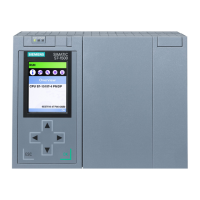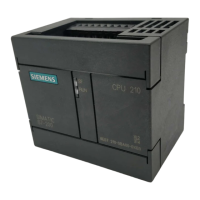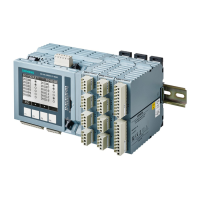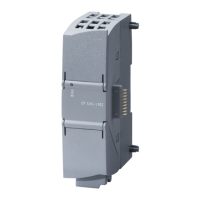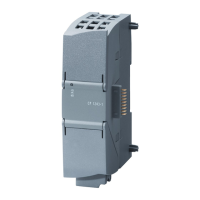Effect of the BE statement
After the "BE" statement (block end), the CPU continues the user
program in the block in which the block call was programmed.
Program execution continues at the STEP 5 statement following the
block call.
The "BE" statement is executed regardless of the RLO. After "BE",
the RLO can no longer be combined logically. However, the RLO or
arithmetic result occurring directly before execution of the BE
operation is transferred to the block where the call originated and can
be evaluated there. When program execution returns from the block
that has been called, the contents of ACCU 1, ACCU 2, ACCU 3 and
ACCU 4, the condition codes CC 0 and CC 1 and the RLO are not
changed. (Refer to Section 3.5 for more detailed information about the
ACCUs, CC0/CC1 and RLO).
2.2.1
Organization Blocks as
User Interfaces
Organization blocks form the interfaces between the system program
and the user program. Organization blocks OB 1 to OB 39 belong to
your user program just as program blocks. By programming these
OBs, you can influence the behavior of the CPU during start-up,
program execution and in the event of an error. The organization
blocks are effective as soon as they are loaded in the PLC memory.
This is also possible while the PLC is in the run mode.
Once the system program has called a specific organization block, the
user program it contains is executed.
Note
You can program blocks OB 1 to OB 39 as user interfaces and
they are called automatically by the system program as a reaction
to certain events.
For test purposes, you can also call these organization blocks
from the user program (JC/JU OB xxx). It is, however, not
possible to trigger a COLD RESTART, e.g. by calling OB 20.
The following table provides you with an overview of the user
interfaces (OBs).
Program, Organization and Sequence Blocks
CPU 948 Programming Guide
2 - 18 C79000-G8576-C848-04
